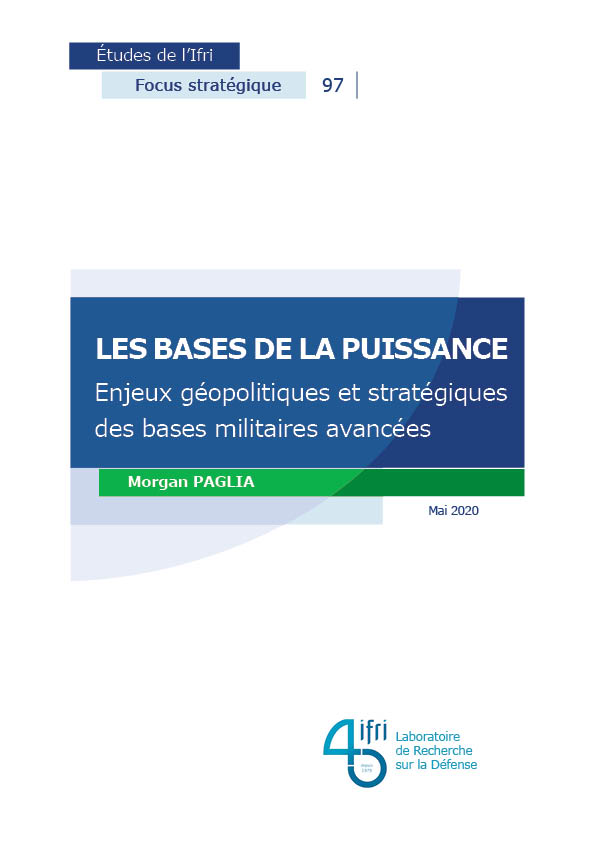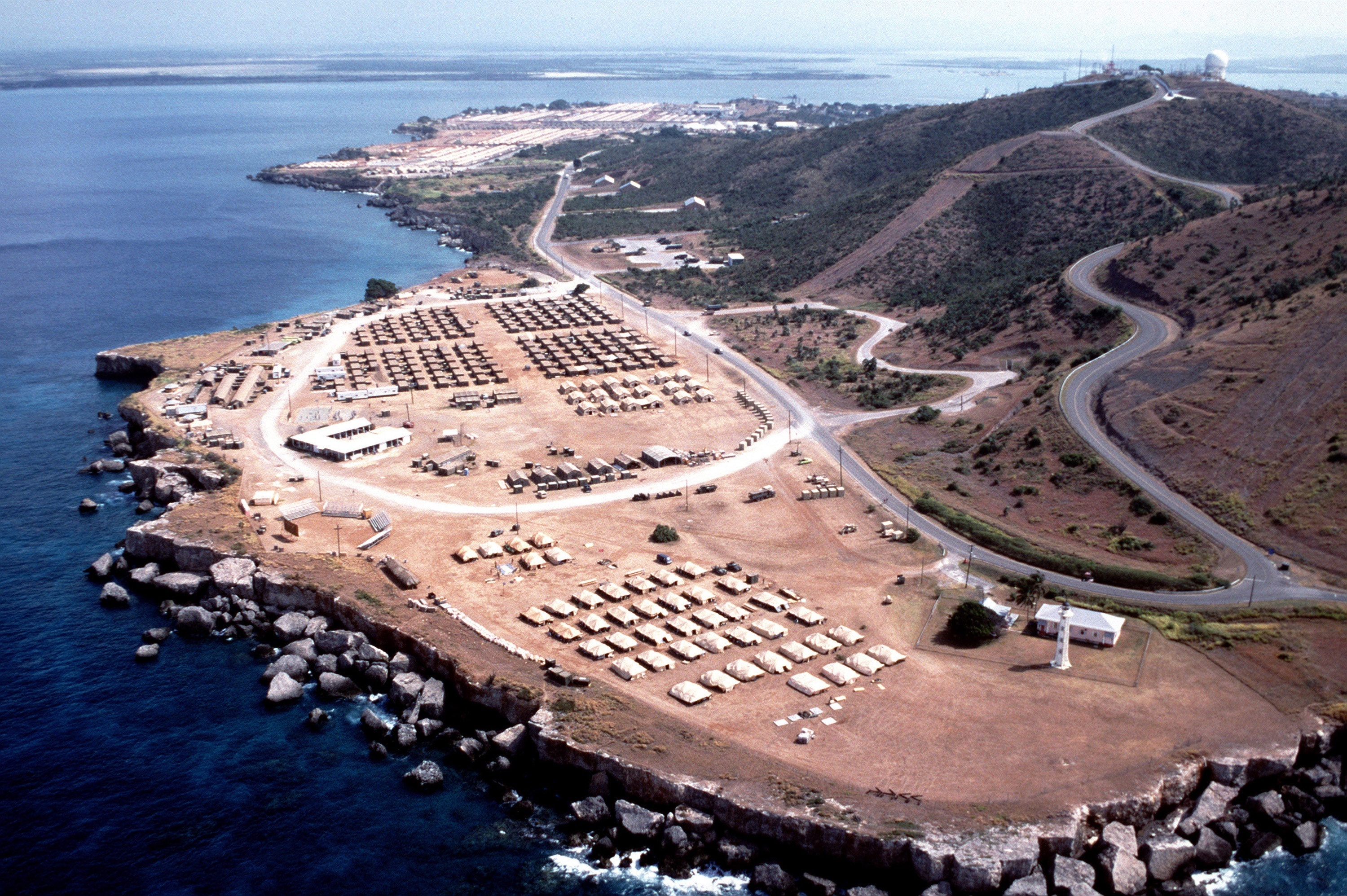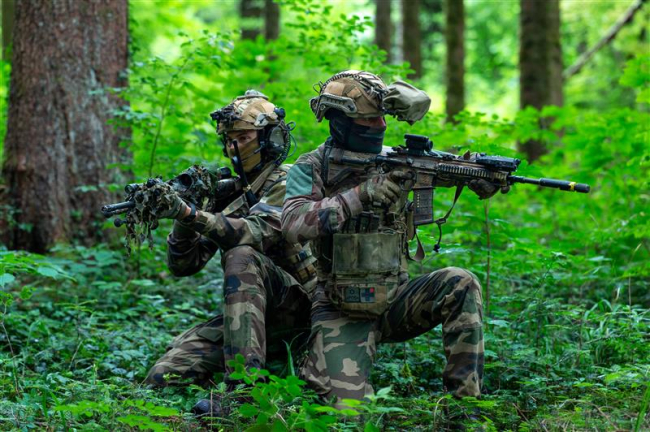Les bases de la puissance. Enjeux géopolitiques et stratégiques des bases militaires avancées

Throughout history, great powers have relied upon forward military bases, either to support their interventions in areas of interest, to re-assure allies or to control a territory.

Because of their key role in force projection, forward bases have also become priority targets for adversaries. Although intrusion and harassment by indirect fires have been the preferred operating modes employed by armed groups during the wars of Afghanistan, Iraq and Mali, future operational environment will be rigged by the rise of new offensive capabilities, especially in the field of indirect fires and deep strikes, both among non-state actors and emerging powers. These operational threats add to a geopolitical context leading to a more transactional relation with host countries, thus fragilizing the diplomatic seating of some forward bases abroad. Taken together, these trends call for adapting forward presence networks, both in terms of protection (active defense, alternate operational options) and strategic posturing.
This content is only available in French: Les bases de la puissance. Enjeux géopolitiques et stratégiques des bases militaires avancées.
Related centers and programs
Discover our other research centers and programsFind out more
Discover all our analysesThe Franco-German Brigade and the Revival of European Defense
One thing has been clear since Donald Trump's return to the White House: the very existence of the European unification project is threatened. Unless it develops a sovereign defense policy to counter the war in Ukraine and the weakening of American security guarantees, the European Union will continue to see its internal cohesion and external attractiveness wane.
Taking the Pulse: Can Europeans Build Their Independent Extended Nuclear Deterrent?
Confronted with a U.S. disengagement and the Russian threat, Europeans are reconsidering their stance on nuclear deterrence. Given the capabilities of the French and British arsenals, can Europe develop an independent nuclear deterrent?

RAMSES 2024. A World to Be Remade
For its 42nd edition, RAMSES 2024 identifies three major challenges for 2024.
A Transatlantic Defense Industrial Base? Two Contrasting Views
The evolving landscape of global defense cooperation has brought the transatlantic relationship between the United States (US) and Europe into sharp focus. As geopolitical tensions rise and the threat environment becomes more complex, the question of how Europe can best ensure its security while navigating its relationship with the United States has become paramount. This double feature report offers two contrasting views on the dynamics of US-Europe defense industrial relations, highlighting the challenges and opportunities that lie ahead for both parties.











